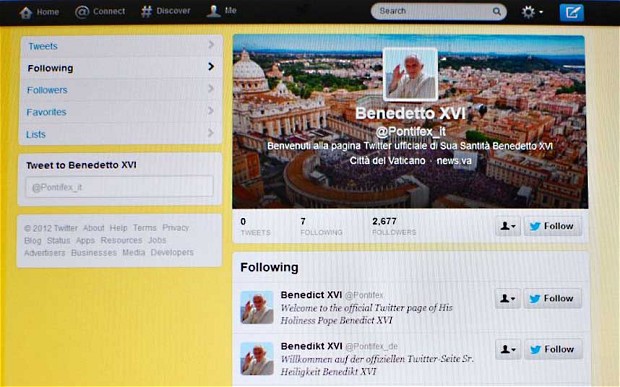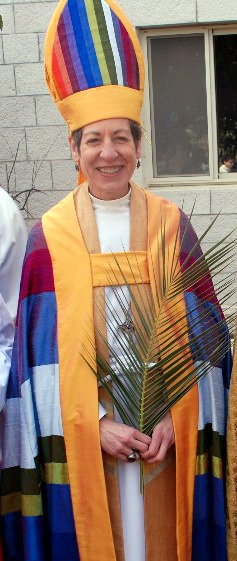Ask any religion-news professional to list the top reporters on the beat in the late 20th Century and Richard Ostling will be right near the top.
That’s why, very early in the history of this blog, your GetReligionistas started suggesting that — when facing tough issues about how to cover religion in an accurate and balanced manner — journalists should ask this not-so-simple question: What Would Richard Ostling Do?
For newcomers to this terrain, Ostling was the religion-beat pro at Time magaizne, back in the days when it was a gold standard in weekly hard-news reporting at the national and especially global levels. From there, he went to the top religion slot at the Associated Press. He is retired now, but still active in religion-news circles as a writer and consultant.
Last fall, Ostling started writing a Patheos blog called “Religion Q and A” and he explained his goals like this:
Most features on Patheos are opinionated, faith-specific (Buddhist, Catholic, Pagan) … whereas mine will be non-partisan and journalistic in approach and cover wide-ranging topics.
We’ll be asking folks in cyberspace to send in questions regarding any and all faiths, any Scriptures, current church-state and religion-politics issues, moral quandaries and other such puzzlements and curiosities. If I’m able, I’ll post an answer with others then welcome others to add comments.
From the beginning, there has been quite a bit of GetReligion-esque material at Ostling’s blog — a trend that he welcomed and we welcomed.
Stop and think about it. It’s understandable that lots of people have lots of questions about topics they keep seeing in religion-news coverage. Thus, we have linked to quite a few Ostling posts here at GetReligion.
And now there will be more.














